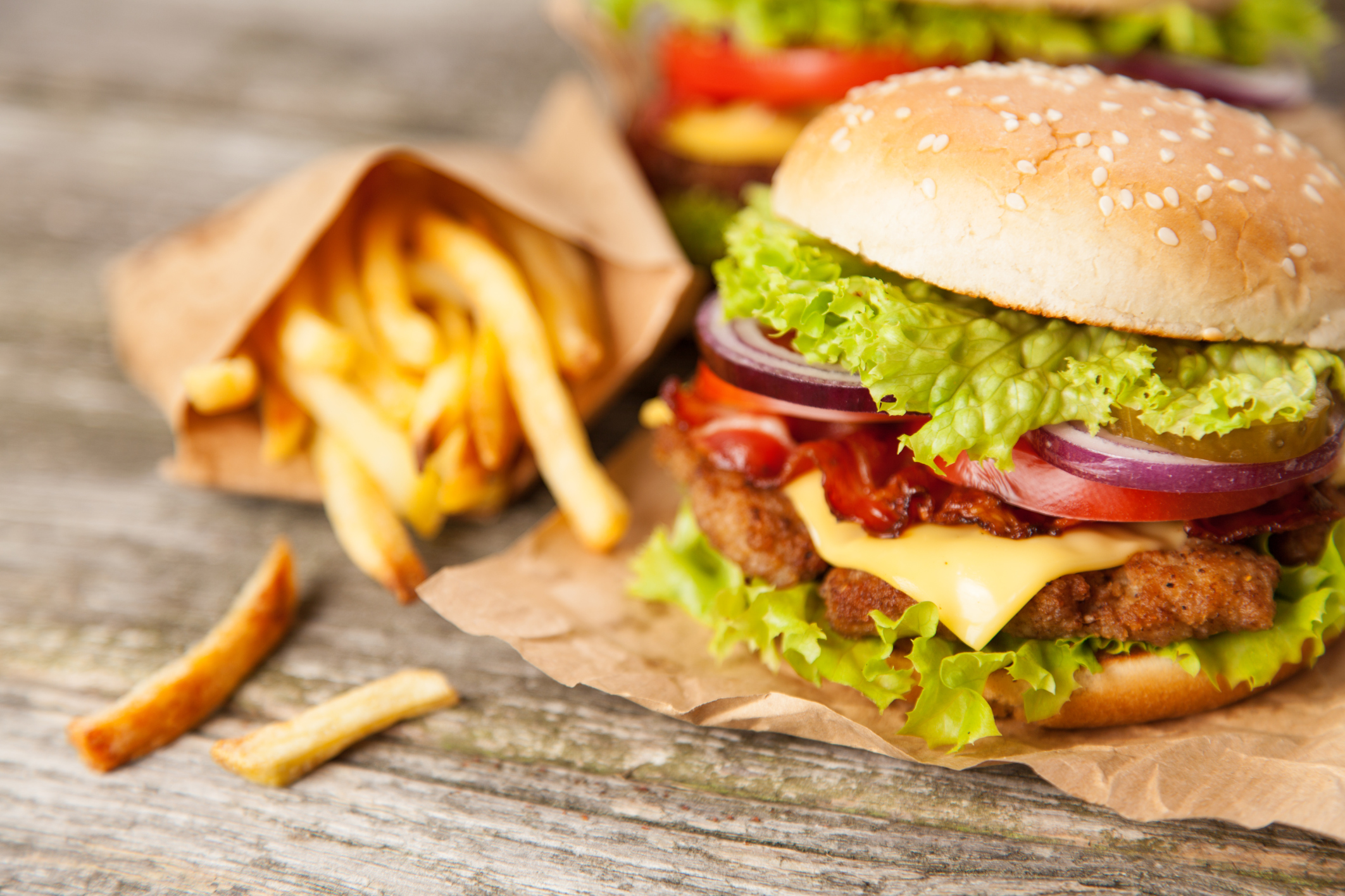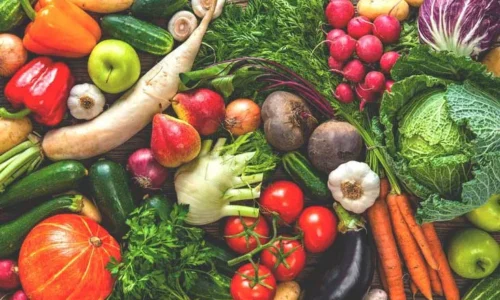- Judith Akatugba
- 0 Comments
- 653 Views
We hardly ever consider the connection between food and mental wellness. We fear that it may result in health problems, including heart problems or digestive disorders, but did you know that some foods and drinks can make anxiety attacks and depressive episodes worse?
Therapists and psychiatrists, who have dedicated their lives to providing advice on mental wellbeing, generally steer clear of or consume certain foods and beverages in moderation in order to protect their clients’ mental health.
Read Also: Usher Says He Nearly Formed a Supergroup with Diddy, Jay-Z, and Pharrell
Consider this information to be preliminary. These foods and beverages are safe to occasionally consume and do not appear to have a detrimental effect on mental health. Just keep in mind that moderation is essential in everything.
Multiple Cups Of Coffee Or Espresso
Anxiety may suffer for some people who consume excessive amounts of caffeine. Licensed clinical psychologist Dr. Brittney Jones stated, “If a person is prone to feeling anxious or has multiple stressors, know that over-caffeination causes an increased cortisol response and can lead to adrenal fatigue, a recipe for persistent stress and burnout, not to mention sleep issues.”
Because research indicates that ingesting more than 250 mg of caffeine daily—roughly two and a half cups—may have an adverse effect on anxiety, Jones makes an effort to limit her coffee intake. Additionally, matcha can be a fantastic substitute for coffee for those who experience jitters or anxiety increases since it contains the component L-theanine, which helps many individuals feel alert and relaxed.
Diet Soda
This summer, try limiting your intake of diet sodas if you’re concerned about your mental well-being. “Although everyone enjoys a refreshing diet soda during the warm summer months, the health risks surpass the advantages,” stated Dr. Jacques Jospitre, Jr., a co-founder of SohoMD and a board-certified psychiatrist. Although we already know that high-sugar sodas are bad for us, diet sodas may be much worse. Many of these include phenylalanine, an additional substance that is well known to disrupt brain neurochemistry by preventing the brain’s natural creation of dopamine and serotonin, two chemicals that are essential for happy moods.
Furthermore, aspartame, “a known neurotoxin and may raise stress hormones like cortisol, as well as increase the amount of free radicals in the brain,” is an artificial sweetener found in these drinks, according to Jospitre.
Alcohol
Although having one or two drinks occasionally isn’t harmful, Danielle Tucci, the founder of Live Better Therapy Solutions and a registered professional counselor, stated she tries her best to abstain from alcohol when it comes to her mental health.
Tucci clarified, “Alcohol is a depressant and can cause a negative mood state or the dreaded ‘hangxiety,’ even though it is typically associated with social events.” This is the time when cortisol, the stress hormone, is elevated while your body is recuperating from a hangover.
Highly Processed Foods
Clinical and educational psychologist Aura De Los Santos reported experiencing anxiety surges after consuming specific processed meals, in her instance, store-bought pancake mix.
“The box of pancake flour from the grocery store is one food that makes me anxious,” the woman claimed. I like to eat pancakes for breakfast, but when I eat them for two days in a row, I’ve noticed that my body gets irritated and that causes worry. I feel uneasy, my mood swings, and I have problems focusing. Bloating is quite uncomfortable, and it has a bad effect on my emotional well-being.
Ultra-processed meals have the potential to modify gut flora. Our immune system is impacted by this bacteria, which ultimately results in chronic inflammation. As De Los Santos pointed out, inflammation can lead to bloating, but it can also exacerbate depression.
According to certified clinical professional counselor Matt Glowiak, depressive symptoms may arise from even the “healthier options” found in the frozen food section.
“The majority of serotonin, the happy neurotransmitter, is produced in the gut, where inflammation is caused by these meals,” he stated. Mental health is impacted when serotonin levels are low. I would always feel like I ate a nutritious meal and have more energy after consuming “healthy” frozen dinners, but I would eventually crash and feel a mix of worry and moderate despair. I just avoid situations now and choose to cook full things instead.
Candy (As Well As Generally Sugary Foods)
A licensed clinical social worker named Jason Phillips stated that he does his hardest to avoid confectionery. “I refuse to consume candies such as Tootsie Rolls or candy corn,” he declared. “This Halloween-themed candy is extremely sweet, and sugar raises bodily inflammation, which is connected to depression.” According to a 2015 study that was published in the American Journal of Clinical Nutrition, starchy and sugary diets may exacerbate depression.
Nevertheless, the way that natural sugar, such as that which is present in fruit, is consumed differs greatly from that of candy. According to one study, fruit snackers are actually less likely to report having depressive symptoms. Therefore, not all sugar sources are bad for your mental health, even though sweets and other refined carbohydrate sources may be.











